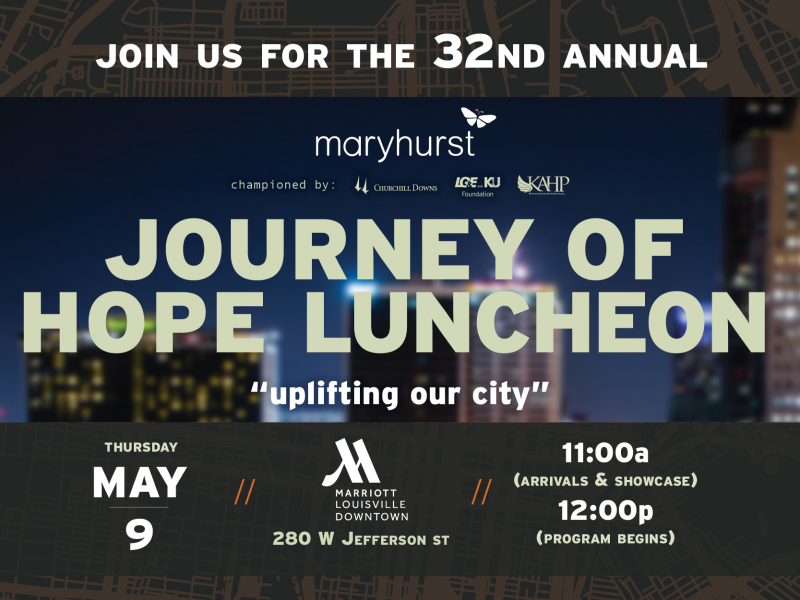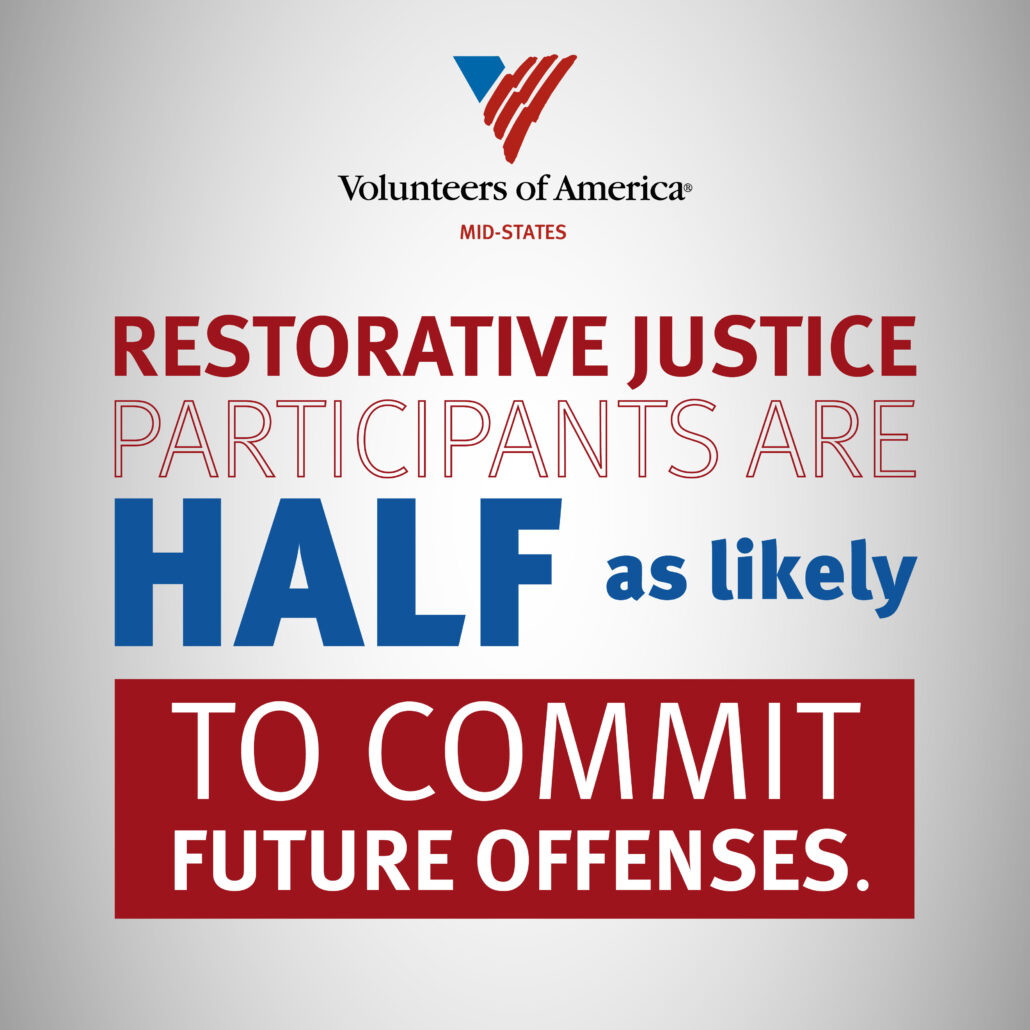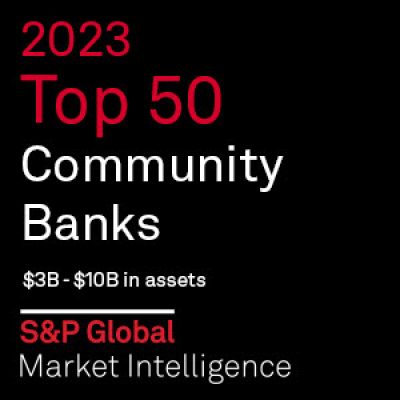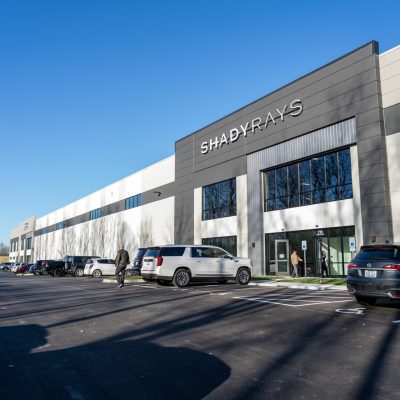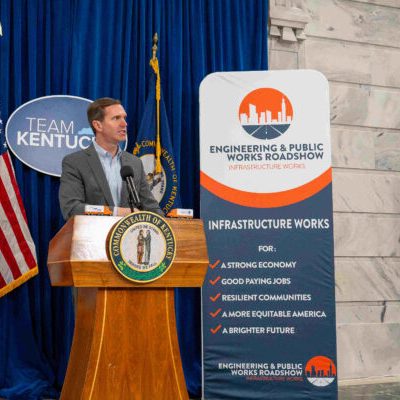By Rachel Nix, Building Kentucky
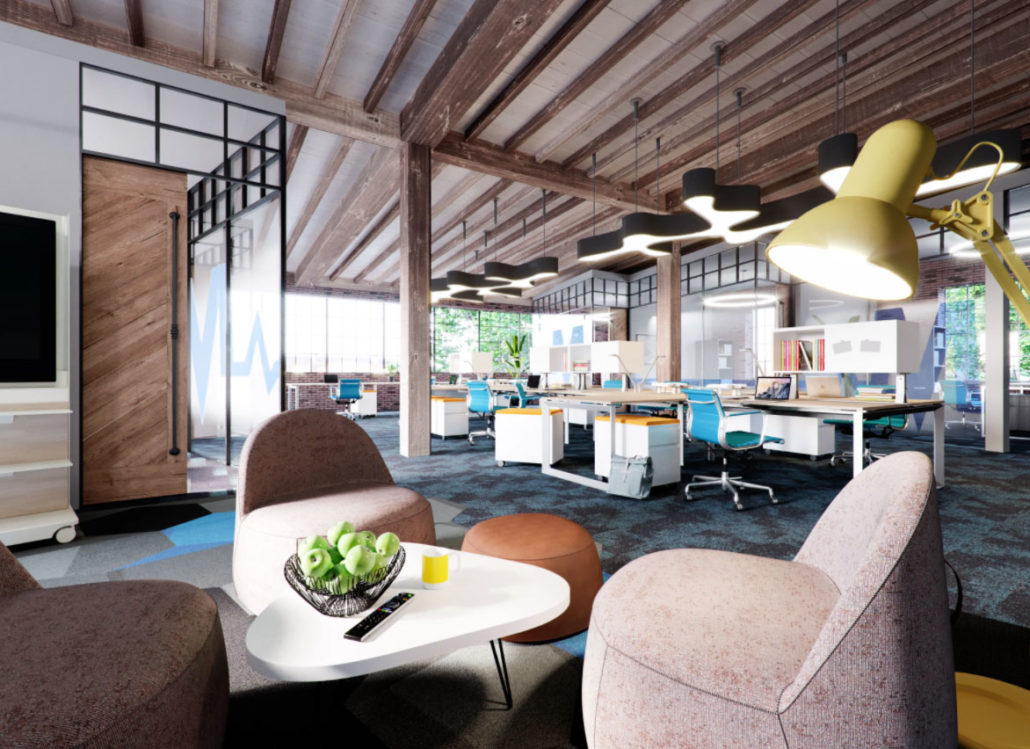
With new CDC guidance making a return to office imminent for many companies, Kentucky architecture firm Luckett & Farley continues to equip its team and its clients for the future of work.
“Luckett & Farley is dedicated to supporting our clients and community so they can make informed decisions that best utilize their current or future space and best support their staff as they move into the next phase of the modern workplace,” said Luckett & Farley President and CEO Aric Andrew. “COVID-19 has shown us that the best solution varies from person to person and business to business.”
Human-centered office design
Luckett & Farley identified the need to more deeply understand client’s employees and continue to track changes in their needs and work habits over time. This led to a partnership with Hopewell, a Columbus, Ohio-based company dedicated to providing data-based insight into optimizing and aligning physical environments to worker preferences for positive work experiences and peak performance.
The information gleaned from Hopewell’s surveying software will ensure Luckett & Farley’s clients and designers have what they need to create a workplace strategy where policies, technology and spaces optimally support the workstyles of each client’s team.
Expanding office design team
Many companies, including Luckett & Farley client Texas Roadhouse, were making major changes to their corporate offices pre-pandemic to evaluate needs and offer greater flexibility. To build on its strong team and further its efforts to address these future-minded shifts, the firm has hired Senior Project Manager Daniel Castro to join its Corporate Commercial and Hospitality Design Studio.
Read more: Is your office post-pandemic ready? Five questions to ask about function and design
Castro brings a holistic, cost-effective approach to space planning and building to Luckett & Farley. Clients say he listens to what they need and delivers a good balance between aesthetics and constructability. While his 20-year career has been focused on office spaces, Castro’s portfolio is diverse including embassies, advertising agencies, and banks.
Luckett & Farley has also added Plumbing Designer Kimberly Erskine and Landscape Designer Tanner Prewitt to their Corporate Commercial and Hospitality Design Studio’s team of architects, interior designers, and engineers. The firm’s multi-disciplinary studios unite architectural, interior design, and structural, civil, mechanical, and electrical engineering expertise that is further focused on the specific challenges and opportunities each market holds.
Virtual event series available on demand
Luckett & Farley launched a free virtual event series this May to bring together a panel of experts in office design, corporate culture, economic development, and innovation to address the challenges decision-makers face about the future of work.
The first event, Defining the Post-Pandemic Workspace, saw leaders exploring the policies and strategies around where and how employees work and engage with each other. The second event, Creating Workplaces That Benefit Employees and Build Your Business, discussed how the internal office can promote community and productivity, as well as how to capture what your team needs in their office spaces during this unique time and how to best adapt your space for greater flexibility.
Panelists for the event included leaders from the Kentucky Cabinet for Economic Development, JLL, University of Louisville, OneWest, OFS, Humana, Transform•Ed Collaborative, Hopewell, and Greater Louisville, Inc. If you missed the event, the recap and recordings are available now.
“Each company doesn’t need to be an expert in every aspect of design and culture,” said Andrew. “We are assembling the tools to help make those choices to benefit everyone and get you back to what you do best.”
With these expanded resources, Luckett & Farley is poised to help clients make strategic decisions about space, employee needs and hybrid workplaces.

